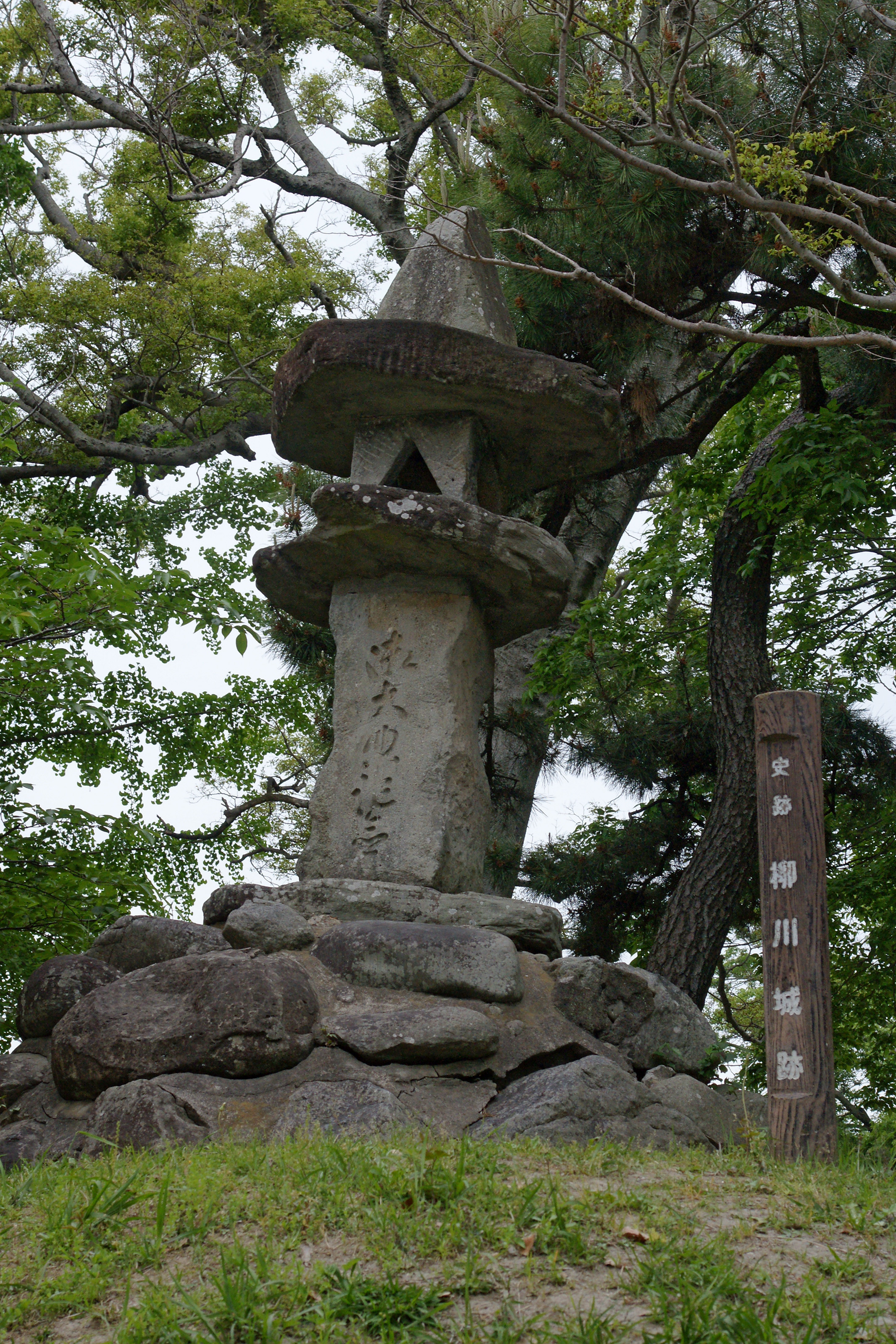|
Fukugon-ji (Yanagawa)
is an Ōbaku Zen temple in Yanagawa, Fukuoka, Yanagawa, Fukuoka Prefecture, Fukuoka, Japan. Its honorary ''Buddhist temples in Japan#sangō, sangō'' prefix is . History The temple was originally located in Shingū, Fukuoka, Shingū and called Tachibanazan Baigaku-ji (立花山梅岳寺), a Sōtō temple. In 1587, however, Tachibana Muneshige who was granted the three districts of Chikugo Province, Yamato District, Fukuoka, Yamato, Shimotsuma District, Fukuoka, Shimotsuma and Mizuma District, Fukuoka, Mizuma and built a castle in Yanagawa, started to move to the present location. It was originally a Sōtō temple, but in 1669, Tachibana Tadashige, the third lord of Yanagawa Domain, has been converted to the Ōbaku school temple. Tadashige invited Tetsumon Dōchi, the elder son of Mu'an and changed the name to Fukugon-ji. It later became the Tachibana clan (samurai), Tachibana clan's funeral temple and all nine of the Tachibana families are buried here. There is a cemetery in th ... [...More Info...] [...Related Items...] OR: [Wikipedia] [Google] [Baidu] |
Yanagawa, Fukuoka
is a city located in Fukuoka Prefecture, Japan. As of April 30, 2011, the city has an estimated population of 71,848, with 24,507 households and a population density of 934.55 persons per km². The total area is 76.88 km². On March 21, 2005 the towns of Yamato and Mitsuhashi (both from Yamato District) were merged into Yanagawa. Yanagawa is popular with Japanese tourists because of its 470 km of wide canals. Yanagawa riverboats, called "donkobune", are used to take tourists around the city. In 1987 a video documentary was created by Studio Ghibli about these canals and their restoration. is widely available and includes English subtitles. Yanagawa was originally constructed in the mid-16th century by the Kamachi clan. Before then, it had been a traditional farming village, with the canals used for irrigation; Tanaka Yoshimasa (Japanese: 田中吉政; 1548 – 1609) ordered the canals to be maintained and built a castle in Yanagawa, which is still maintained to ... [...More Info...] [...Related Items...] OR: [Wikipedia] [Google] [Baidu] |
Yanagawa Domain
was a Japanese Han (Japan), domain of the Edo period. It was associated with Chikugo Province in modern-day Fukuoka Prefecture on the island of Kyushu. In the han system, Yanagawa was a politics, political and Economics, economic abstraction based on periodic cadastral surveys and projected agricultural yields. In other words, the domain was defined in terms of ''kokudaka'', not land area.Elison, George and Bardwell L. Smith (1987)''Warlords, Artists, & Commoners: Japan in the Sixteenth Century,'' p. 18 This was different from the feudalism of the West. List of ''daimyōs'' The hereditary ''daimyōs'' were head of the clan and head of the domain. *Tanaka clan, 1600–1620 (''Tozama daimyō, tozama''; 325,000 ''koku'') #Tanaka Yoshimasa, Yoshimasa #Tadamasa Tachibana clan (samurai), Tachibana clan, 1620–1871 (''tozama''; 109,000 ''koku'') #Tachibana Muneshige, Muneshige #Tadashige #Akitora #Akitaka #Sadayoshi #Sadanori #Akinao #Akihisa #Akikata #Akihiro #Akinobu #Akit ... [...More Info...] [...Related Items...] OR: [Wikipedia] [Google] [Baidu] |
1580s Establishments In Japan
Year 158 ( CLVIII) was a common year starting on Saturday (link will display the full calendar) of the Julian calendar. At the time, it was known as the Year of the Consulship of Tertullus and Sacerdos (or, less frequently, year 911 ''Ab urbe condita''). The denomination 158 for this year has been used since the early medieval period, when the Anno Domini calendar era became the prevalent method in Europe for naming years. Events By place Roman Empire * The earliest dated use of Sol Invictus, in a dedication from Rome. * A revolt against Roman rule in Dacia is crushed. China * Change of era name from ''Yongshou'' to ''Yangxi'' of the Chinese Han Dynasty. Births *Gaius Caesonius Macer Rufinianus, Roman politician (d. 237) Deaths * Wang Yi, Chinese librarian and poet (d. AD 89 AD 89 (LXXXIX) was a common year starting on Thursday (link will display the full calendar) of the Julian calendar. At the time, it was known as the Year of the Consulship of Fulv ... [...More Info...] [...Related Items...] OR: [Wikipedia] [Google] [Baidu] |
Religious Buildings And Structures Completed In 1587
Religion is usually defined as a social- cultural system of designated behaviors and practices, morals, beliefs, worldviews, texts, sanctified places, prophecies, ethics, or organizations, that generally relates humanity to supernatural, transcendental Transcendence, transcendent, or transcendental may refer to: Mathematics * Transcendental number, a number that is not the root of any polynomial with rational coefficients * Algebraic element or transcendental element, an element of a field exten ..., and spirituality, spiritual elements; however, there is no scholarly consensus over what precisely constitutes a religion. Different religions may or may not contain various elements ranging from the Divinity, divine, Sacred, sacred things, faith,Tillich, P. (1957) ''Dynamics of faith''. Harper Perennial; (p. 1). a supernatural being or supernatural beings or "some sort of ultimacy and transcendence that will provide norms and power for the rest of life". Religious pract ... [...More Info...] [...Related Items...] OR: [Wikipedia] [Google] [Baidu] |


